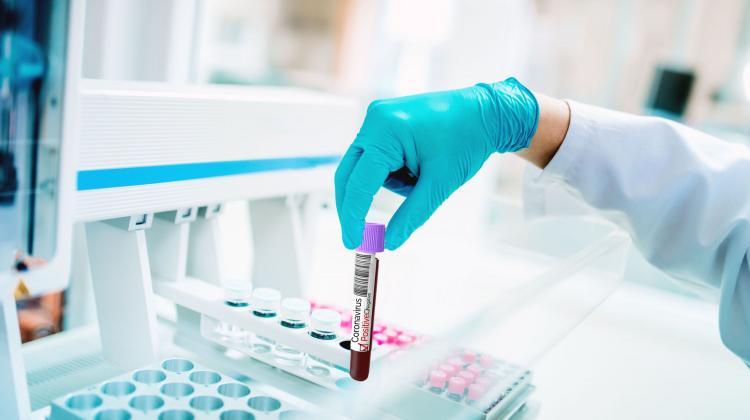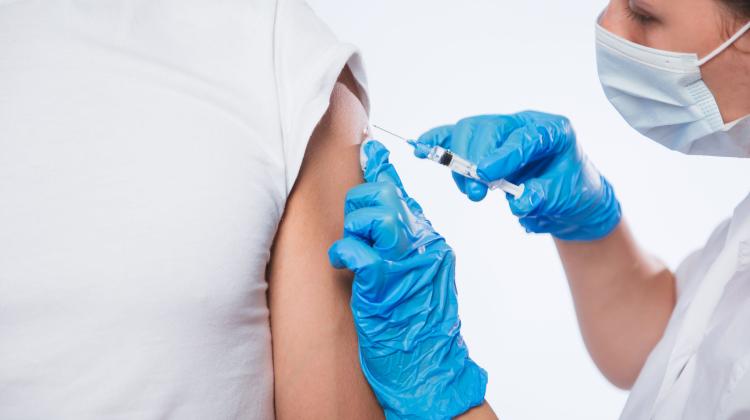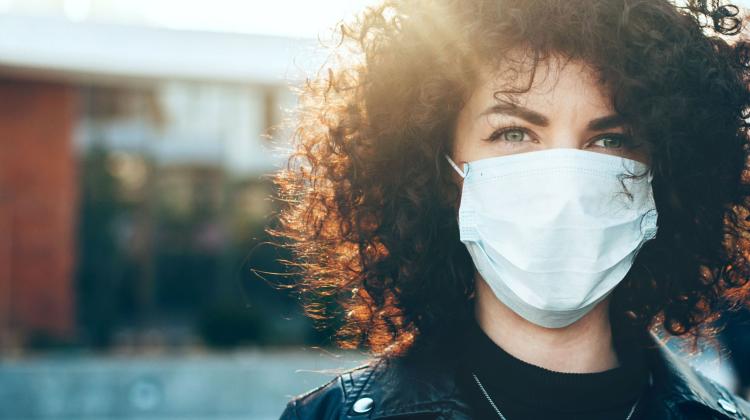Getting reinfected with coronavirus is ‘not a significant epidemiological problem’ says disease expert
 Credit: Fotolia
Credit: Fotolia
Despite several cases of re-infection with SARS-CoV-2 virus being described in medical literature, they do not present a significant problem from an epidemiological point of view, says an infectious diseases expert.
The last case of re-infection with the SARS-CoV-2 virus was described in the weekly Lancet on October 12. A 25-year-old American from Nevada was re-infected with coronavirus 48 days after the first infection was confirmed with a test. Genetic studies have shown that re-infection was not caused by the virus responsible for the first infection. Moreover, the subsequent infection was much more severe, and the patient required hospitalisation and ventilation.
In an interview with PAP, the President of the Polish Society of Epidemiology and Physicians of Infectious Diseases, Professor Robert Flisiak says that at least for now, coronavirus re-infections are not a major epidemiological problem. He said: “If they really were a problem, with this number of SARS-CoV-2 infections in the world, we would already have thousands, hundreds of thousands of re-infections. And we have individual confirmed cases.”
In an editorial comment in the Lancet, Akiko Iwasaki from Yale University School of Medicine in New Haven summarized four cases of re-infection in patients from Belgium, Ecuador, Hong Kong and the US. None of them had diagnosed immune disorders.
Professor Flisiak points out that because the patients had no evidence of the presence of antibodies after the first infection - or no such test was performed, “the question is why these patients failed to respond to the infection', the specialist comments.
In his opinion, coronavirus re-infection is more likely to occur in patients with immunodeficiency. In this group of people, re-infection cannot be excluded as the virus may remain in the body longer in the event of immunodeficiency.
Flisiak said: “Regardless of this, the incidence of re-infection is negligible in relation to the huge number of infections.”
According to data obtained in one of the meta-analyses of studies, the risk that a patient may still spread the SARS-CoV-2 virus five days after the onset of symptoms is negligible. The virus can still be cultured from people with normal immunity 10 days after the onset of symptoms, but the risk of infection is practically non-existent. In the case of people with immunodeficiency, the virus can be cultured even after 20 days.
Flisiak told PAP: “In accordance with the regulation, we consider patients to be non-infectious 13 days after the onset of symptoms and three days after the disappearance of respiratory symptoms (the second criterion).”
(PAP)
Author: Joanna Morga
jjj/ zan/ kap
tr. RL
Przed dodaniem komentarza prosimy o zapoznanie z Regulaminem forum serwisu Nauka w Polsce.


















